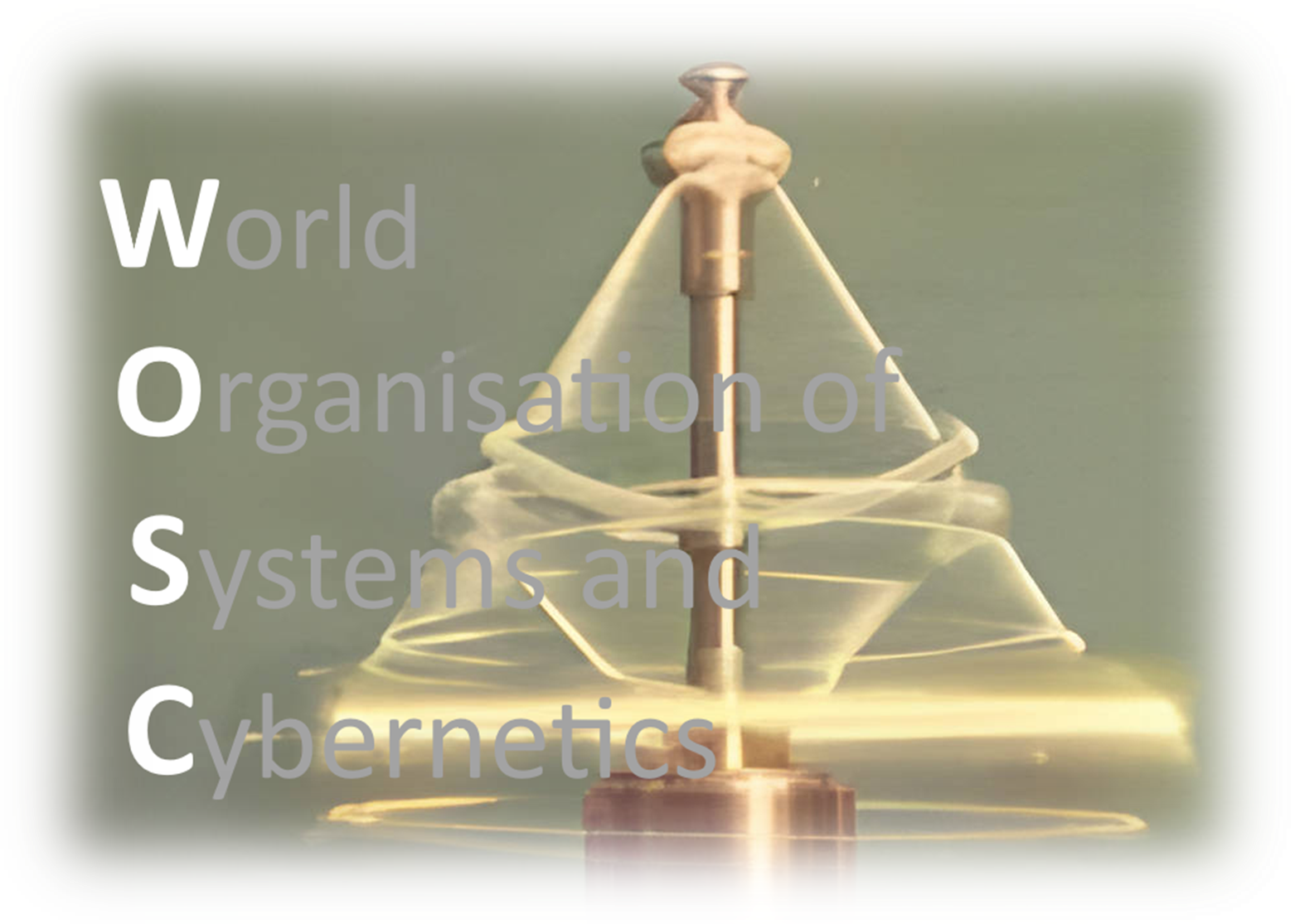Constitution of the World Organisation
of System and Cybernetics 2012
The name of the organisation is “WORLD ORGANISATION OF SYSTEMS AND CYBERNETICS” or WOSC. WOSC’s principal operational agent is the Director-General and the business of WOSC is carried out from his/her address and office. The World Organisation of Systems and Cybernetics is a not-for-profit organisation for scientific and educational purposes.
WOSC’s membership consists of institutions and persons making a significant contribution to Systems and Cybernetics. The membership is voluntary but must be confirmed by WOSC’s Management Committee. The main criterion for admission to membership is the candidate’s credentials in the scientific, educational and professional advancement of Systems and Cybernetics or in closely related fields.
WOSC has a Board, a Management Committee (MC) and ad-hoc committees when these are requested by Board members. Issues related to WOSC’s purposes are debated and enabled by its Board, and, when deemed necessary, further elaborated by ad-hoc committees. Implementation is the responsibility of the Management Committee. WOSC’s Board is chaired by the President; the Vice-President is the deputy chair and in their absence the Director-General chairs meetings. Past director-generals are members of this board by right.The MC is constituted by WOSC’s President, Vice-President and Director-General. Additionally it may co-opt members. The Norbert Wiener Institute of Systems and Cybernetics supports implementing WOSC’s purposes and aims. The Board’s President is WOSC’s ultimate decision-maker. The Vice-President has a particular focus on WOSC’s future development and the Norbert Wiener Institute. The Director-General is responsible for communications and day-to-day management. Other members of the MC will have ad-hoc responsibilities. The representativeness of Board members should be considered over time.
Board members have a five year term of office; however they may resign at any time beforehand. The number of Board members will remain around 30. WOSC aims at using currently available on-line services, such as networking technology (e.g. Group Facebook). Either the MC or individual Board members can submit issues for deliberation through these networks. Also face-to-face meetings may take place in occasions where about one third of the Board members are present; circulation of the minutes of these off-line meetings is expected as soon as reasonably possible and their decisions implemented by the MC. Communications with organisations and people currently and potentially interested in WOSC’s activities requires maintaining an up-to-date website supported by modern media. The Director-General is responsible for setting up triennial congresses with bona-fide national institutions.
Responsibility for financially viable triennial congresses is of the hosting institutions. These institutions should consider in their financial planning resources to maintain WOSC’s on-going activities from one congress to the next. WOSC’s financial cycle is triennial in tandem with its congresses. After each triennial Congress the Director-General is responsible for submitting financial accounts of the organisation’s activities for the Board’s approval. Board members may request the auditing of these accounts.
Most of WOSC’s decisions are unlikely to need voting; however for key issues, such as the appointment of President, Vice-President and Director-General, at least 51% of Board members need to support these decisions. Also WOSC’s functioning and structure may be altered, amended or repealed and new functions and structure may be adopted if endorsed by 51% of all Board members. In the event of dissolution, the assets of the Organisation shall be disposed of in such a way that they will continue to be used exclusively for scientific and educational purposes. There shall be no individual liability against members for WOSC debts, but its entire property shall be liable for the claims of creditors.
